"https://www.youtube.com/watch?v=r4NdcMELso8&ab_channel=LiamCollister Whatever you think of the ethical whys and wherefores of the Isle of Man TT, hold tight until 22 April, when the the 3D documentary Closer to the Edge "
Sacrifice: Callum Ilott on getting closer to F1
It's not only on track where a successful racing driver needs to take risks...
How do you become the next Senna, Schumacher or Hamilton – and what happens if things don’t turn out the way you’ve planned?
For many young racing drivers, taking risks is an approach that extends outside the cockpit of their speed machines: their entire career is a high-wire walk without a safety net.
Take Callum Ilott for example. At 18, this quiet, mild-mannered British racing driver has already spent a decade racing on four wheels, progressing from go-karts to Formula 3 cars. To make a success of his chosen sport, he’s skipping A-Levels, a university degree and any sort of vocational training to focus on making it to the front of the grid. If he doesn’t get there, he will have very little to fall back on.
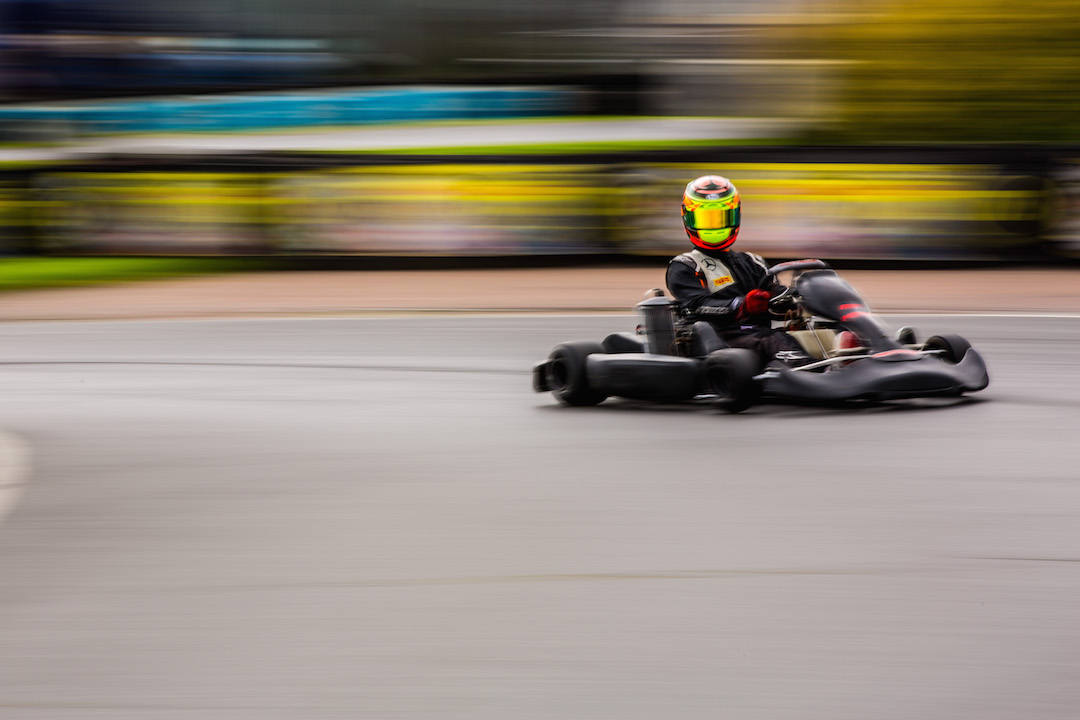
“That’s probably been my biggest sacrifice,” says Ilott. At first, ‘sacrifice’ might seem a strong word for someone who gets to blast around in fast cars every week. There’s much more to it than that, however.
“When I got to doing my A-Levels, that was a deciding point for my family and I,” he goes on. “That was the point where I was putting so much effort into my school work that it was affecting my racing. I missed my last year and I’ll miss out on university.”
It’s a brave move. Fail to move up the ladder from F3 to F2 and eventually into F1 – Ilott’s goal – and it could be a short-lived career, without any other qualifications to help transition to another.
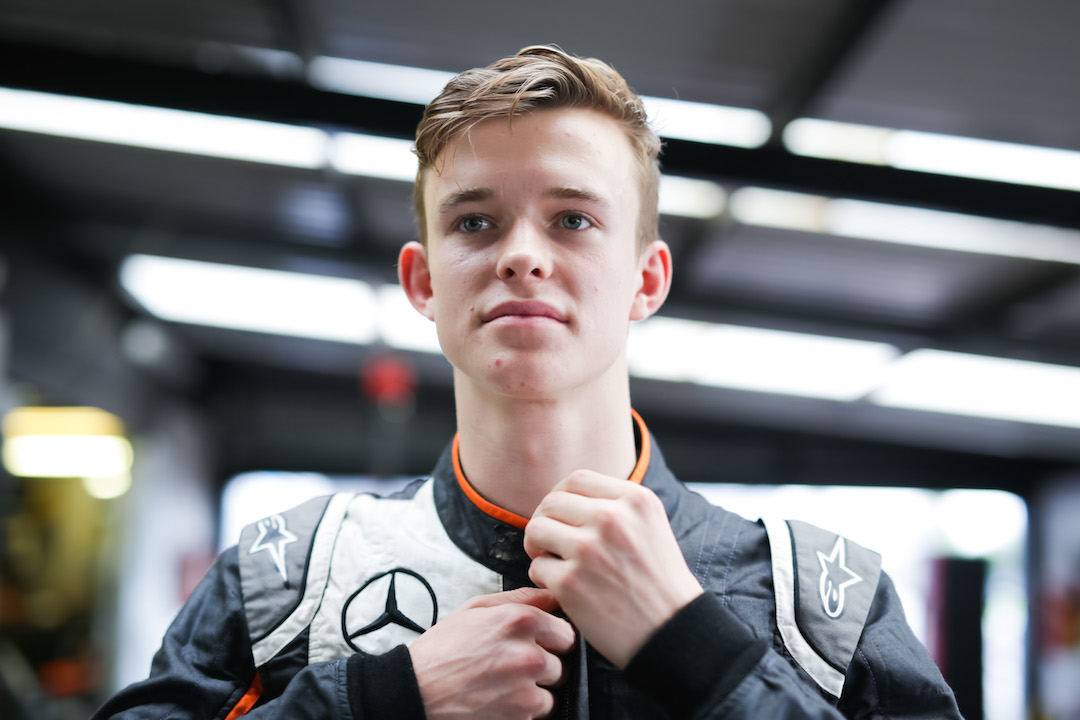
That’s not the only sacrifice Ilott has already had to make in his quest to emulate his racing heroes by becoming an F1 driver. “You miss out socially but it’s a choice you make,” he says. There is so much time spent travelling to races, training in the gym, practicing on a simulator, getting enough rest and avoiding alcohol that it can become a pretty solitary experience. “I’m not out partying like other people my age would be and you’re always busy – but the sacrifices really are quite little compared to what other athletes go through, even if they do seem like a big thing at the time.”
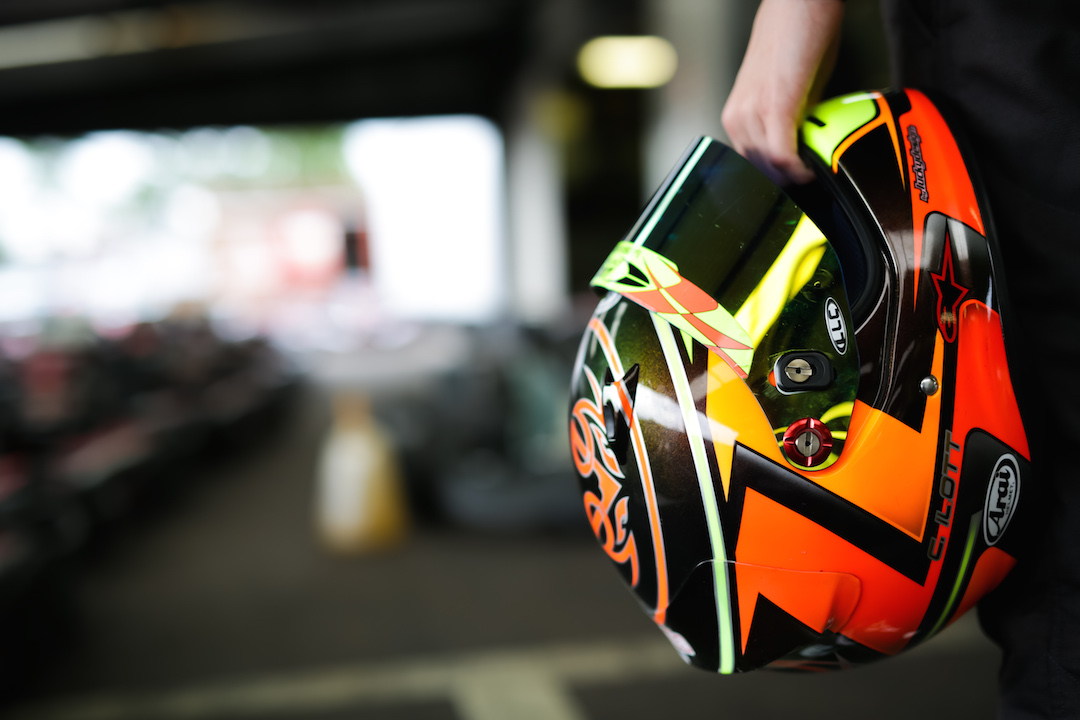
Whereas many 18-year-olds might have spent the summer worrying more about which festivals to attend and whether they’ve made it into uni, Ilott’s chosen path requires a far different mindset.
“To be a successful racing driver, the hard work is the thing that makes a difference,” he says. “You reach a stage where almost everyone has a similar amount of talent and the difference that means you get to F1 or not is the hard work.”
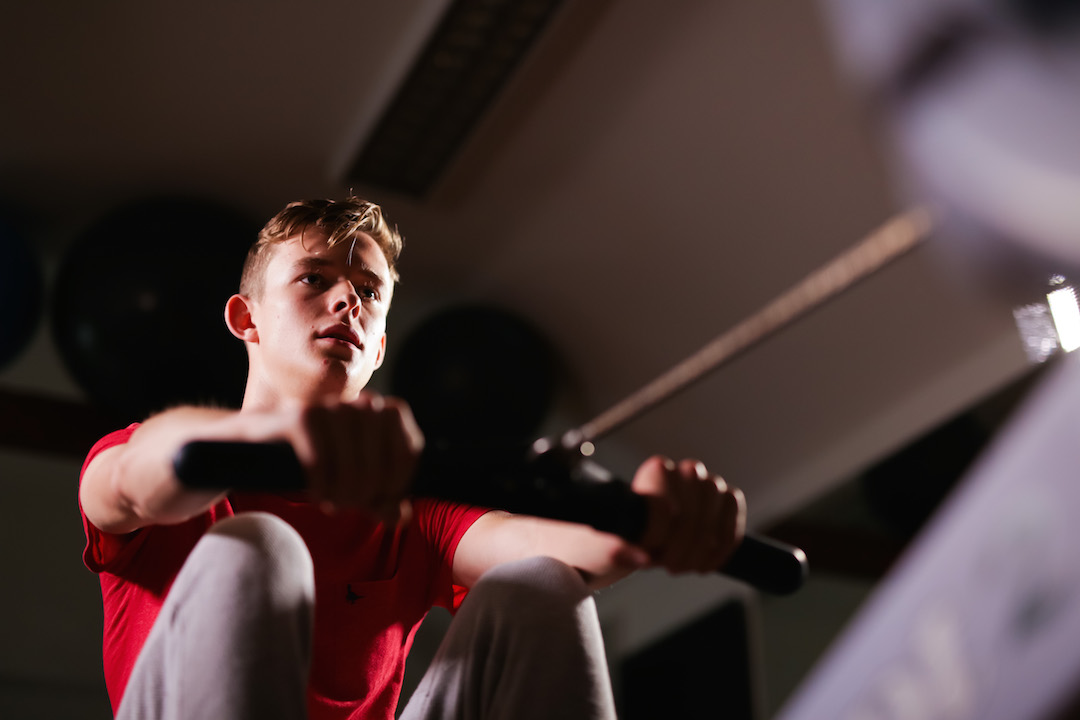
That work involves mental preparation. In a sport which has become progressively more scientific in its approach, the demands placed upon the driver have changed dramatically over the past few decades. “Now, you’re aiming for perfection in a lap,” explains Ilott. That’s perfection measured against forensic data rather than any seat-of-the-pants sensation. “You’re looking at thousandths of a second instead of the tenths they were looking at [in the past]. Now, you’re programmed from such a young age to find the small differences. All young drivers are brought up to be the perfect driver.”
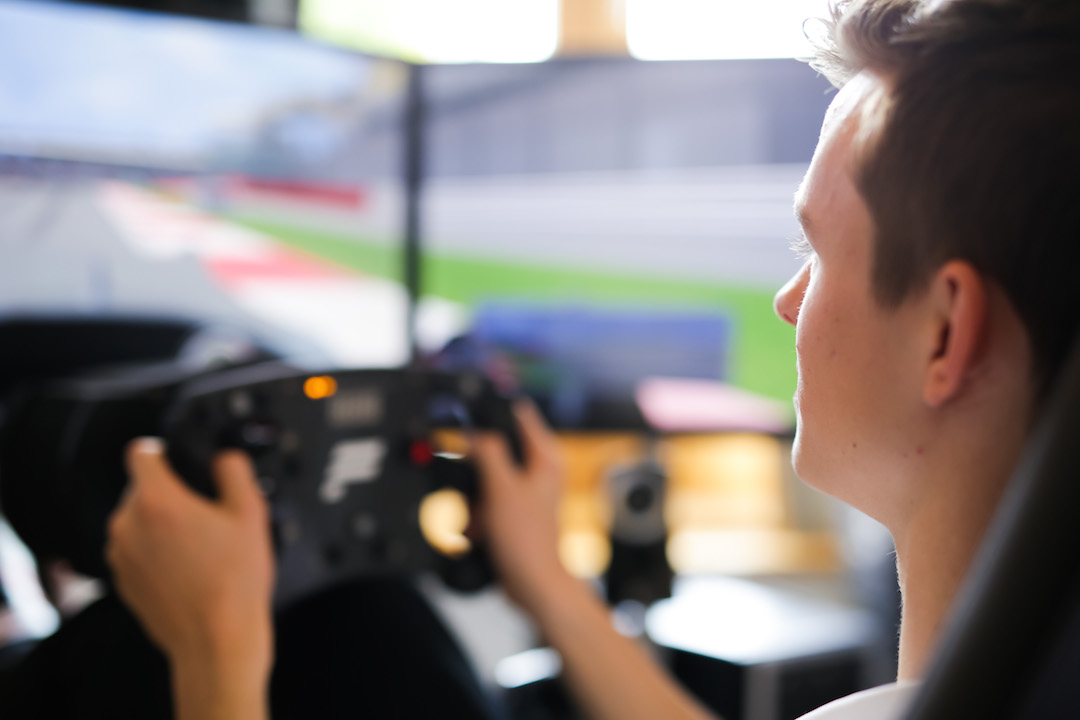
Outside an intense programme of driving preparation, other skills are required. “Away from driving, you’ve also got to be the whole package,” Ilott confirms. “In F1, it’s not just about the driving. If you’re open to sponsors, it makes you more attractive to teams. There’s a large element of the media side of things too.”

Racing drivers must be lightweight but have incredible strength and endurance. Reaching those goals is a challenge in itself. Ilott makes use of a Ninja Warrior-style climbing frame and a personal trainer to keep his strength up and his weight down, as well as a targeted nutrition programme. “You want to be as light as possible without sacrificing your health during the race,” he says. “In F1, they reach 5 Gs through some corners – so your neck has to cope with five times the weight of your head normally, while dehydrated and at 40 degrees. You’re pushing your body to the max. It’s a different type of conditioning. You also need to eat the right foods to give you the right sort of energy.”
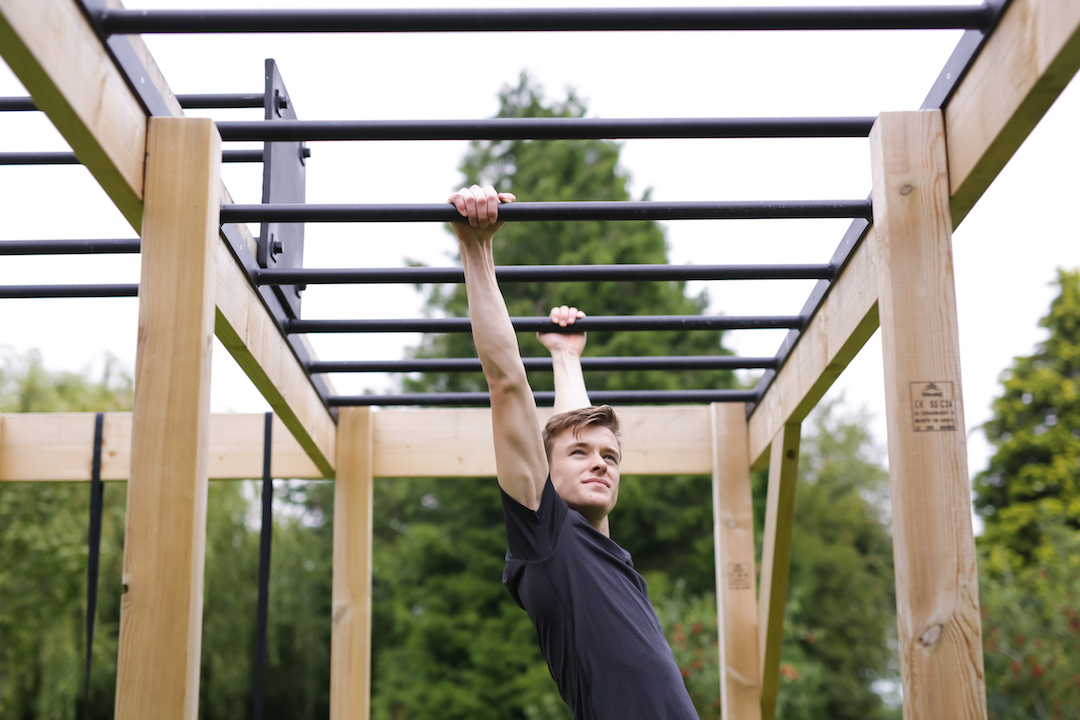
Whereas the future may seem like a long way away to other youngsters, Ilott’s focus is always on the next race, the next weekend and the next result. “To win, for me, is a necessity,” he says. “When you go into competition, you go in to win. But winning is not always about coming first. You set your goals and then you try to achieve those – and, if you do, that’s a win. People say failure is part of success. It’s about the small things and learning from those. If you come back from those, you come back stronger.”
Yes, the career of a racing driver might seem fabulously glamorous at first glance – but the utter dedication, determination and sacrifices required from a very young age to get there are a sobering reminder that, really, nothing in life worth having comes easy.

CLICK TO ENLARGE











Good luck. Sounds as though you will get there